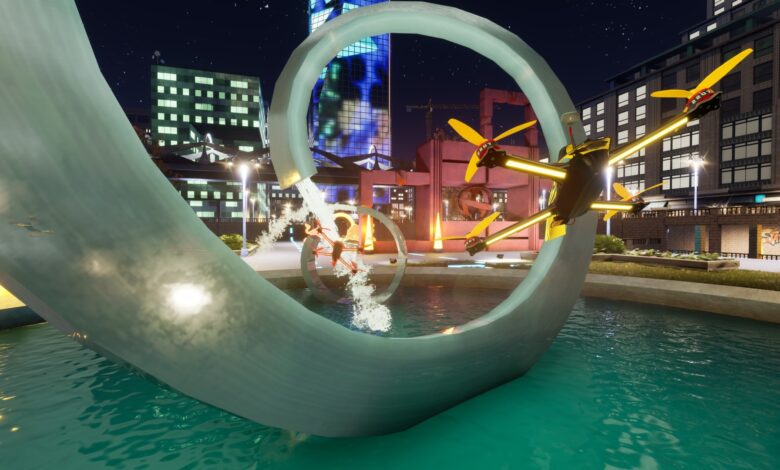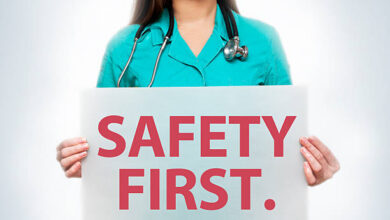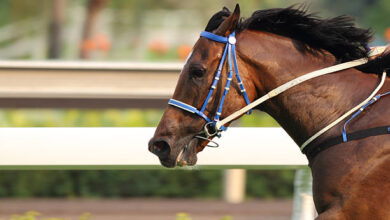
Drone racing has rapidly evolved into a thrilling sport, combining cutting-edge technology with the high-speed excitement of competitive racing. The Drone Champions League (DCL) stands at the forefront of this sport, attracting pilots from around the world who aspire to showcase their skills in this exhilarating arena. Qualifying for drone racing in the Champions League requires dedication, practice, and a keen understanding of both the technical and strategic aspects of the sport. This article will guide you through the essential steps to qualify for the DCL and compete at the highest level.
1. Understand the Drone Champions League Format
Before diving into the qualification process, it’s crucial to familiarize yourself with the structure and format of the DCL. The league features a series of races held at various locations worldwide, showcasing different courses that challenge pilots with a combination of speed, precision, and agility. Understanding the race format, scoring system, and rules of the DCL is essential for any aspiring pilot.
1.1. Race Formats
DCL races often consist of multiple heats, where pilots compete head-to-head. The results from these heats determine who advances to the knockout stages or finals. Familiarize yourself with the different race formats used by the DCL, including individual heats, team competitions, and relay-style races.
1.2. Scoring System
The scoring system in the DCL is based on pilots’ performance during races. Points are awarded based on finishing positions in heats, with higher placements earning more points. Understanding how the scoring works will help you strategize your racing approach and focus on consistently achieving top finishes.
2. Meet the Technical Requirements
Qualifying for drone racing in the DCL involves not only skillful piloting but also having the right equipment. Ensure that your drone meets the technical specifications required by the league.
2.1. Drone Specifications
DCL races typically utilize racing drones that meet specific criteria. These drones must be lightweight, highly maneuverable, and capable of flying at high speeds. While specific regulations may vary, most DCL-approved drones are built with the following components:
- Frame: A lightweight and durable frame, often made from carbon fiber, is essential for a racing drone.
- Motors: High-performance brushless motors with a suitable KV rating will provide the necessary power and speed.
- Propellers: Choosing the right propellers is crucial for optimizing speed and stability during flight.
- Flight Controller: A reliable flight controller with advanced features is necessary for responsive control during races.
- Video Transmitter (VTx): A high-quality VTx will ensure a clear FPV (First-Person View) feed, which is critical for piloting the drone effectively.
2.2. Compliance with Regulations
Make sure your drone complies with DCL regulations regarding size, weight, and components. This information can usually be found on the DCL’s official website or through pilot forums. Non-compliance can result in disqualification from events, so it’s essential to double-check these requirements before racing.
3. Gain Experience Through Local Competitions
One of the best ways to prepare for DCL qualification is to gain experience through local drone racing competitions. Participating in smaller events will help you develop your flying skills, understand race strategies, and get comfortable competing under pressure.
3.1. Join Local Drone Racing Clubs
Local drone racing clubs are excellent resources for aspiring pilots. These clubs often host training sessions, workshops, and competitions that provide opportunities to practice and learn from experienced racers. Networking with fellow pilots can also offer valuable insights into what it takes to succeed in the DCL.
3.2. Participate in Regional Events
Competing in regional drone racing events can help you gain exposure and experience in a competitive environment. Many of these events feature tracks similar to those found in the DCL, allowing you to practice navigating obstacles and gates. Focus on improving your racing techniques and gaining as much experience as possible.
4. Improve Your Flying Skills
To qualify for drone racing in the DCL, you need to be an exceptional pilot. Continuous practice is essential for honing your flying skills and developing the necessary reflexes to navigate complex race courses.
4.1. Practice Consistently
Set aside regular practice time to work on your flying skills. Focus on different aspects of flying, such as throttle control, turns, and precision flying through gates. Establish specific goals for each practice session to track your progress and work on areas that need improvement.
4.2. Use Racing Simulators
Incorporating drone racing simulators into your training regimen can help you practice without the risk of damaging your drone. Simulators allow you to fly in various environments and race formats, enhancing your skills and understanding of the sport. Many simulators also feature realistic physics, making them an effective training tool for aspiring DCL pilots.
4.3. Analyze Your Performance
After practice sessions or competitions, take the time to analyze your performance. Record your flights, watch the footage, and identify areas where you can improve. Focus on specific maneuvers that may have caused you trouble and work on perfecting them in subsequent sessions.
5. Stay Informed About DCL Events and Qualifying Races
To qualify for the DCL, you need to keep abreast of upcoming events and qualifying races. This information can be found through various channels, including the DCL website, social media, and drone racing forums.
5.1. Follow DCL Updates
Regularly check the DCL website and social media channels for announcements about upcoming qualifying events. This will help you plan your participation and ensure you don’t miss any critical opportunities.
5.2. Sign Up for Qualifying Events
The DCL often hosts specific qualifying events where pilots can earn points and gain entry into the league. These events can be held at various locations worldwide, so make sure to sign up for the ones that fit your schedule. Participating in qualifying races is essential for proving your skills and earning your place in the DCL.
6. Network with Other Pilots and Teams
Building relationships within the drone racing community can significantly enhance your chances of qualifying for the DCL. Networking can provide valuable opportunities for mentorship, collaboration, and sponsorship.
6.1. Engage in the Drone Racing Community
Attend drone racing events, workshops, and meetups to connect with other pilots and enthusiasts. Engaging with the community can provide insights into the competitive landscape and help you learn from others’ experiences. Building a support network can also motivate you to improve and stay dedicated to your goals.
6.2. Seek Mentorship from Experienced Pilots
If possible, seek mentorship from experienced drone racing pilots. They can provide guidance on racing strategies, equipment choices, and tips for competing at higher levels. Learning from their successes and failures can accelerate your progress as a pilot.
7. Physical and Mental Preparation
In addition to technical skills and experience, physical and mental preparation plays a crucial role in qualifying for drone racing in the DCL.
7.1. Develop Physical Fitness
Drone racing requires quick reflexes, hand-eye coordination, and endurance. Regular physical exercise can help improve your overall fitness and reaction times. Incorporate activities that enhance your agility and coordination, such as martial arts, rock climbing, or team sports, to keep you in peak condition for racing.
7.2. Work on Mental Resilience
The mental aspect of drone racing is often overlooked but is equally important. Developing mental resilience will help you stay focused and composed during high-pressure situations. Practice mindfulness techniques, visualization, and stress management strategies to build your mental strength. These techniques will allow you to maintain focus and make quick decisions during races.
8. Conclusion
Qualifying for drone racing in the Drone Champions League is a challenging yet rewarding endeavor. By understanding the league’s structure, meeting technical requirements, gaining experience through local competitions, and honing your flying skills, you can position yourself for success. Staying informed about DCL events, networking with other pilots, and focusing on physical and mental preparation will further enhance your chances of qualifying for this prestigious league.





